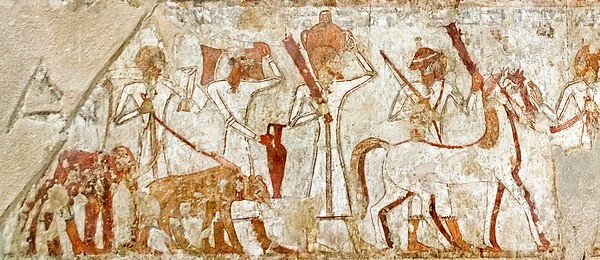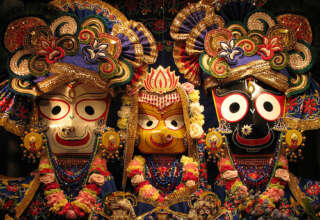
Tom Leonhardt provided valuable services for many years in countries throughout the world. He was interviewed recently about his consulting experiences in Egypt. He reflects on his own ongoing learning on behalf of his assignment to assist the Egyptians in their efforts to more effectively manage the allocation of valuable water to the farmers working on the fertile land near the Nile River. This is the third of a series of interviews with Tom and his impactful cross-cultural encounters. Here is the interview with Tom Leonhardt.
Following is a brief review of the history, politics, economy, demographics, health, education and culture of Egypt (excerpted and modified from Wikipedia):
Egypt. Officially the Arab Republic of Egypt, is a country spanning the northeast corner of Africa and southwest corner of Asia via the Sinai Peninsula. It is bordered by the Mediterranean Sea to the north, the Gaza Strip of Palestine and Israel to the northeast, the Red Sea to the east, Sudan to the south, and Libya to the west; the Gulf of Aqaba in the northeast separates Egypt from Jordan and Saudi Arabia. Cairo is the capital, largest city, and leading cultural center, while Alexandria is the second-largest city and an important hub of industry and tourism. With over 107 million inhabitants, Egypt is the third-most populous country in Africa and 15th-most populated in the world. Egypt is a developing country with the second-largest economy in Africa. It is considered to be a regional power in the Middle East, North Africa and the Muslim world, and a middle power worldwide. Islam is the official religion and Arabic is official language
Egypt has one of the longest histories of any country, tracing its heritage along the Nile Delta back to the 6th–4th millennia BCE. Considered a cradle of civilisation, Ancient Egypt saw some of the earliest developments of writing, agriculture, urbanisation, organised religion and central government. Egypt was an early and important centre of Christianity, later adopting Islam from the seventh century onwards. Cairo became the capital of the Fatimid Caliphate in the tenth century and of the subsequent Mamluk Sultanate in the 13th century. Egypt then became part of the Ottoman Empire in 1517, until its local ruler Muhammad Ali established modern Egypt as an autonomous Khedivate in 1867. The country was then occupied by the British Empire along with Sudan and gained independence in 1922 as a monarchy.







